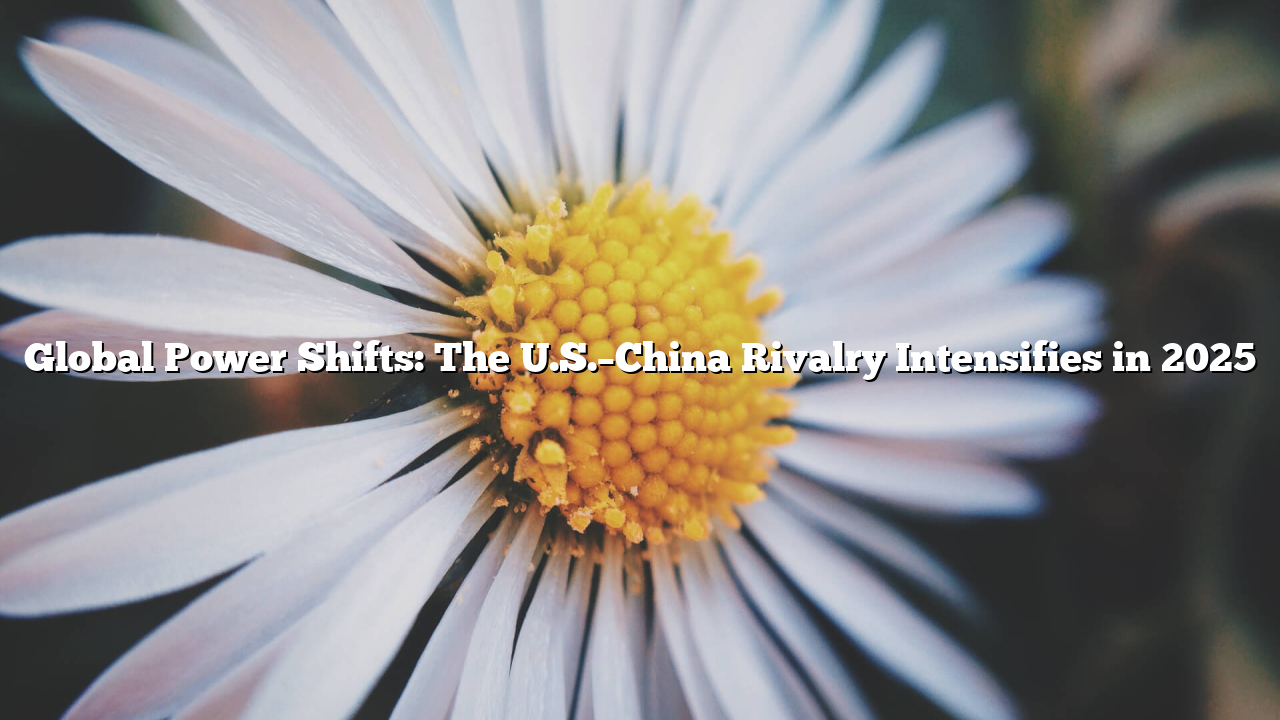As 2025 unfolds, tensions between the United States and China continue to define the global political landscape. What began as an economic dispute has evolved into a full-scale contest for global influence, touching every sector from technology and finance to military and ideology. The rivalry between Washington and Beijing naga169 now shapes trade alliances, digital networks, and even cultural diplomacy.
The Biden administration has redoubled efforts to strengthen ties with allies through NATO and the Indo-Pacific Economic Framework. The U.S. has also increased military cooperation with Japan, South Korea, and the Philippines, aiming to contain China’s assertive behavior in the South China Sea. In response, Beijing has accelerated its Belt and Road Initiative, expanding investments across Africa, Latin America, and Central Asia.
While both nations claim to promote global stability, their competing visions often lead to confrontation. The U.S. pushes for a “rules-based international order,” whereas China emphasizes “sovereignty and non-interference.” This clash of principles has fueled global polarization, forcing smaller nations to navigate a delicate diplomatic balance.
Technology remains a critical battleground. The race for dominance in artificial intelligence, semiconductors, and quantum computing has become intertwined with national security concerns. Both governments have tightened export controls and imposed sanctions on rival companies. Analysts warn that such actions risk fragmenting global supply chains and accelerating economic decoupling.
Diplomatic engagement has become increasingly strained. Accusations of cyber espionage, propaganda campaigns, and interference in domestic affairs have eroded trust. “The world is entering a phase of multipolar uncertainty,” said Dr. Leonard White, a senior analyst at the World Economic Forum. “The longer this rivalry persists, the greater the danger of systemic division in global governance.”
For now, both powers seem unwilling to compromise. As elections approach in both nations, nationalism is likely to intensify. The international community watches closely, aware that the outcome of this rivalry could determine the shape of world order for decades to come.
